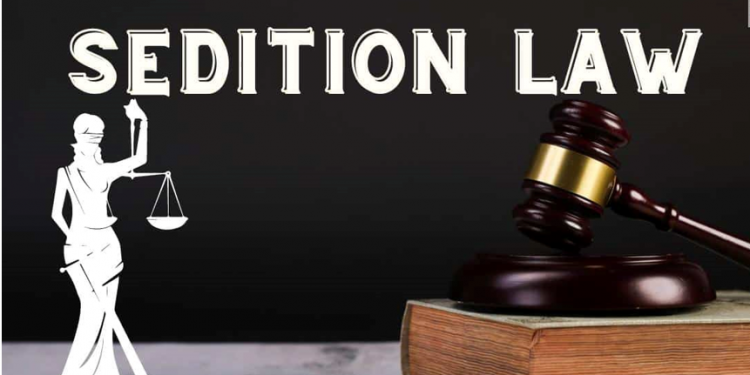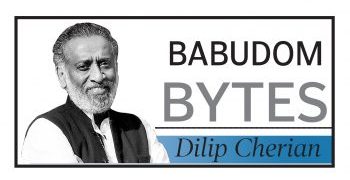The Law Commission’s “considered” opinion that Section 124A of the Indian Penal Code (IPC) pertaining to sedition laws should be retained is highly regressive and a complete letdown for the very concept of protection of free speech which is universally considered an integral part of a functioning democracy. Curtailment of the freedom of speech and expression in any form and manner only encourages the government of the day – the executive arm of a democratic system – to do what it likes without checks and balances to advance its own agenda with impunity. Some of the commission’s recommendations tend to create the impression that the law could be even more draconian than the existing colonial era measure. The minimum punishment has been extended for imprisonment from three years to seven years. It was expected that the commission would act in the light of the Supreme Court’s latest ruling keeping the operation of the law in abeyance because of its patent abuse to silence dissent against the government. There was also widespread public anger at the use of the law, as revealed in several recent disturbing cases, as a tool to snuff out criticism of government actions perceived to be favouring vested interests keen on fulfilling their economic and social agenda.
The Law Commission does not seem to have taken into account the basic idea that an elected legislature may not represent the whole nation in entirety in all its actions.
What is ironic is that the commission has come down heavily on social media and internet users in the age of satellite and electronic communications which have revolutionised the system of exchange of facts and data – the soul of democracy. There are legal provisions to curb the misuse of social media platforms just as there are stringent laws to tackle attempts to conspire against the state and overthrow it. But, the commission has regrettably found these laws not so effective as the sedition law.
The commission has cited as reasons for backing the retention of the sedition law the “ever-proliferating” social media “radicalisation” against India, activities of Maoists and militancy in the Northeast and Jammu and Kashmir. These are too familiar charges made by the BJP-led government at the Centre which has coined reprehensible terms such as “urban Naxals” and “tukde tukde gang” to suit its narratives to demonise civil society activists, students and youth protesting against government policies motivated by political interests.
The 81-page report submitted recently by the commission’s chairperson, Justice (Retd) Ritu Raj Awasthi, to Arjun Ram Meghwal, the minister of state (independent charge) of law and justice, became public June 2. The report comes in the backdrop of the May 11, 2022, stay imposed by the Supreme Court on invoking the sedition law, following allegations of rampant misuse of the colonial-era legislation by parties in power against critics and political opponents.
The Law Commission seems to have acted as a government mouthpiece as it stated that social media has many a time resorted to propagating radicalisation against India and bringing the government into hatred at the behest of adversarial foreign powers. This has also been the drift of the argument of the current dispensation in many recent cases where sedition law was invoked. It is in this sense that the commission has found Section 124A of the IPC (concerning sedition law) has its utility in combating “anti-national and secessionist elements” as it seeks to protect the elected government from attempts to overthrow it through violent and illegal means.
Similarly, the commission felt the plea by many that the offence of sedition is a remnant of colonial rule established during a time when it was frequently employed against India’s freedom fighters is untenable. Its contention is “the entire framework of the Indian legal system” is a colonial legacy just as the police force and the idea of an All-India Civil Service are also temporal remnants of the British era. This is unwarranted since the commission should have known the difference between good and bad laws.
The amendments suggested by the commission to prevent abuse of the law are mere cosmetic changes. These can be easily circumvented and a government can continue targeting people it finds inconvenient after going through the formalities for lodging FIRs as prescribed.
The commission seems to have failed in the task entrusted to it. Its conclusion that any allegation of misuse of this provision does not by implication warrant a call for its repeal is debatable.







































